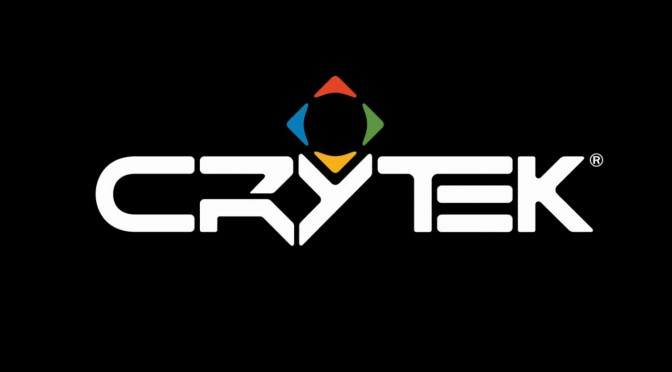Crytek issued today a press release, outlining a series of changes to its future business plans that will see the company refocus on its core strengths of developing innovative games and game-development technology. As part of the changes, Crytek will concentrate on development in its Frankfurt and Kiev studios and continue to develop and work on premium IPs.
CRYENGINE will remain a core pillar of Crytek’s overall strategy, with enterprise licensees and indie developers alike continuing to be served by regular engine updates. All other development studios will not remain within Crytek and management has put plans into action to secure jobs and to ensure a smooth transition and stable future.
In other words, Crytek is closing its studios in Hungary, Bulgaria, South Korea, China, and Turkey.
Crytek Co-Founder and Managing Director, Avni Yerli, said:
“Undergoing such transitions is far from easy, and we’d like to sincerely thank each and every staff member – past and present – for their hard work and commitment to Crytek. These changes are part of the essential steps we are taking to ensure Crytek is a healthy and sustainable business moving forward that can continue to attract and nurture our industry’s top talent. The reasons for this have been communicated internally along the way. Our focus now lies entirely on the core strengths that have always defined Crytek – world-class developers, state-of-the-art technology and innovative game development, and we believe that going through this challenging process will make us a more agile, viable, and attractive studio, primed for future success.”

John is the founder and Editor in Chief at DSOGaming. He is a PC gaming fan and highly supports the modding and indie communities. Before creating DSOGaming, John worked on numerous gaming websites. While he is a die-hard PC gamer, his gaming roots can be found on consoles. John loved – and still does – the 16-bit consoles, and considers SNES to be one of the best consoles. Still, the PC platform won him over consoles. That was mainly due to 3DFX and its iconic dedicated 3D accelerator graphics card, Voodoo 2. John has also written a higher degree thesis on the “The Evolution of PC graphics cards.”
Contact: Email

